108 DVD-A / Johann Sebastian Bach. Die Motetten / The Motets
Johann Sebastian Bach
Die Motetten / The Motets
BWV 225-229
Sächsisches Vocalensemble
Matthias Jung
TACET Real Surround Sound
EAN/barcode: 4009850010838
Description
"I usually find such choral works low on my interest scale, but in this case I situated myself and listened really closely, enjoying the intricate play of voices and instruments that were so cleanly placed in space around me." (Audiophile Audition)
4 reviews for 108 DVD-A / Johann Sebastian Bach. Die Motetten / The Motets
You must be logged in to post a review.

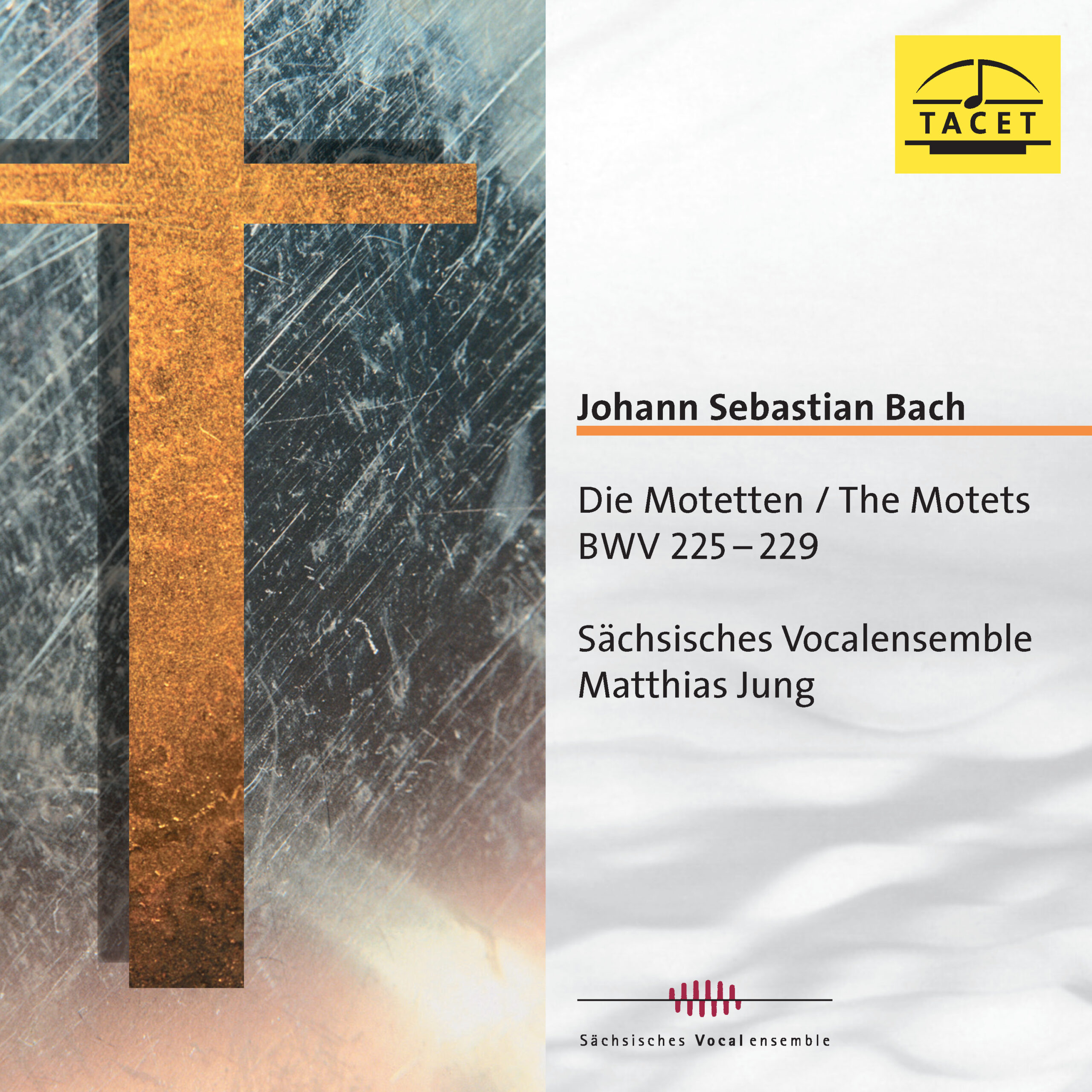

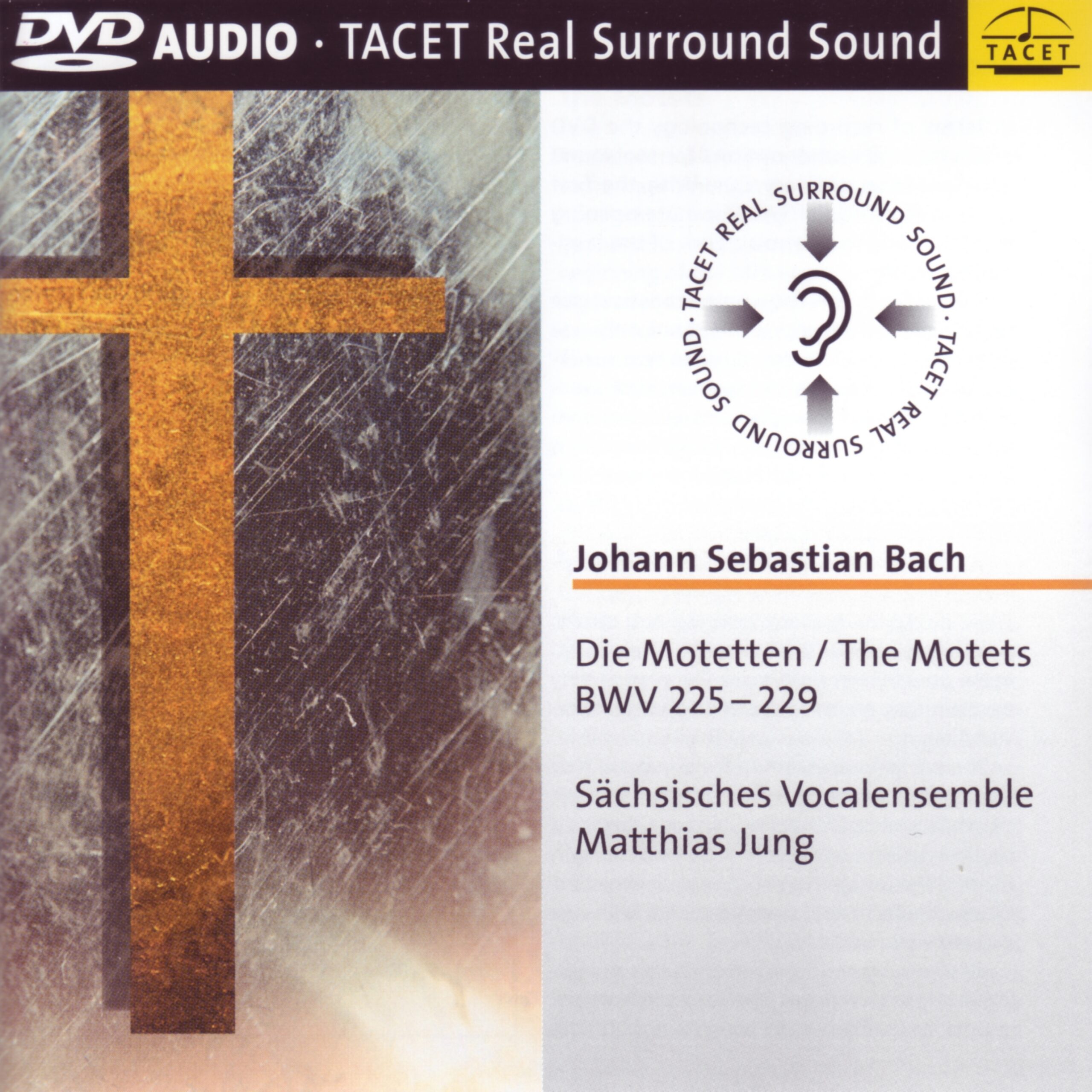
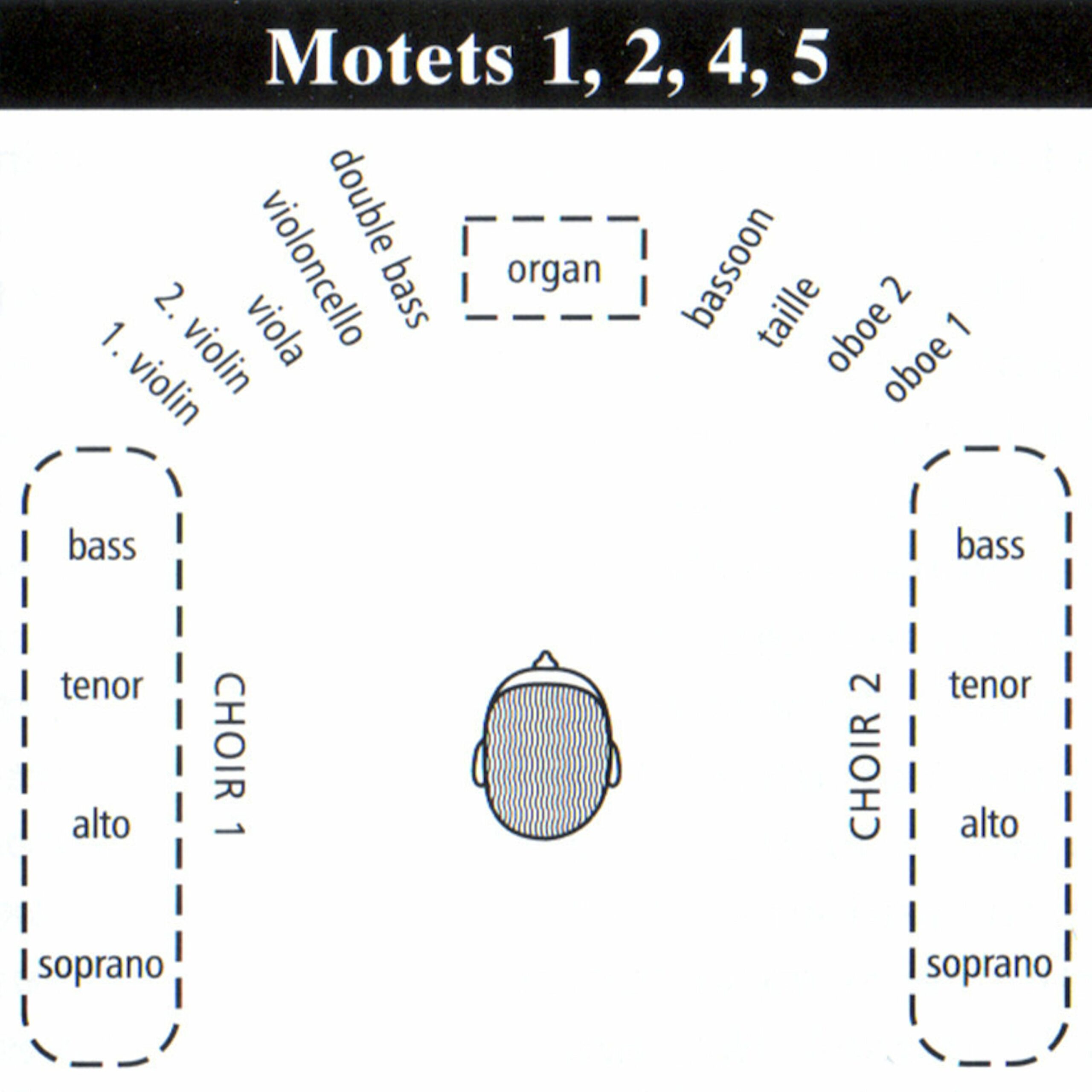
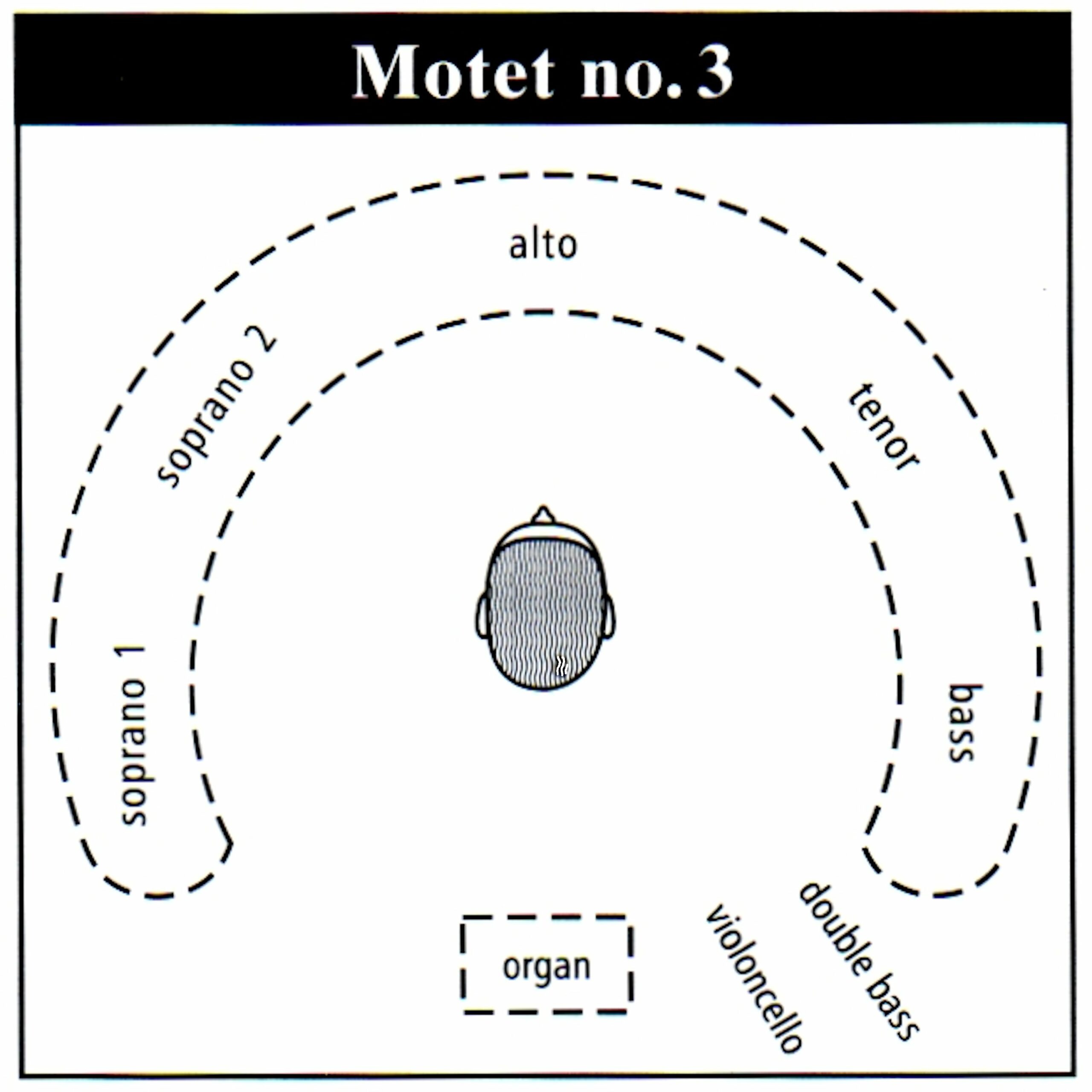
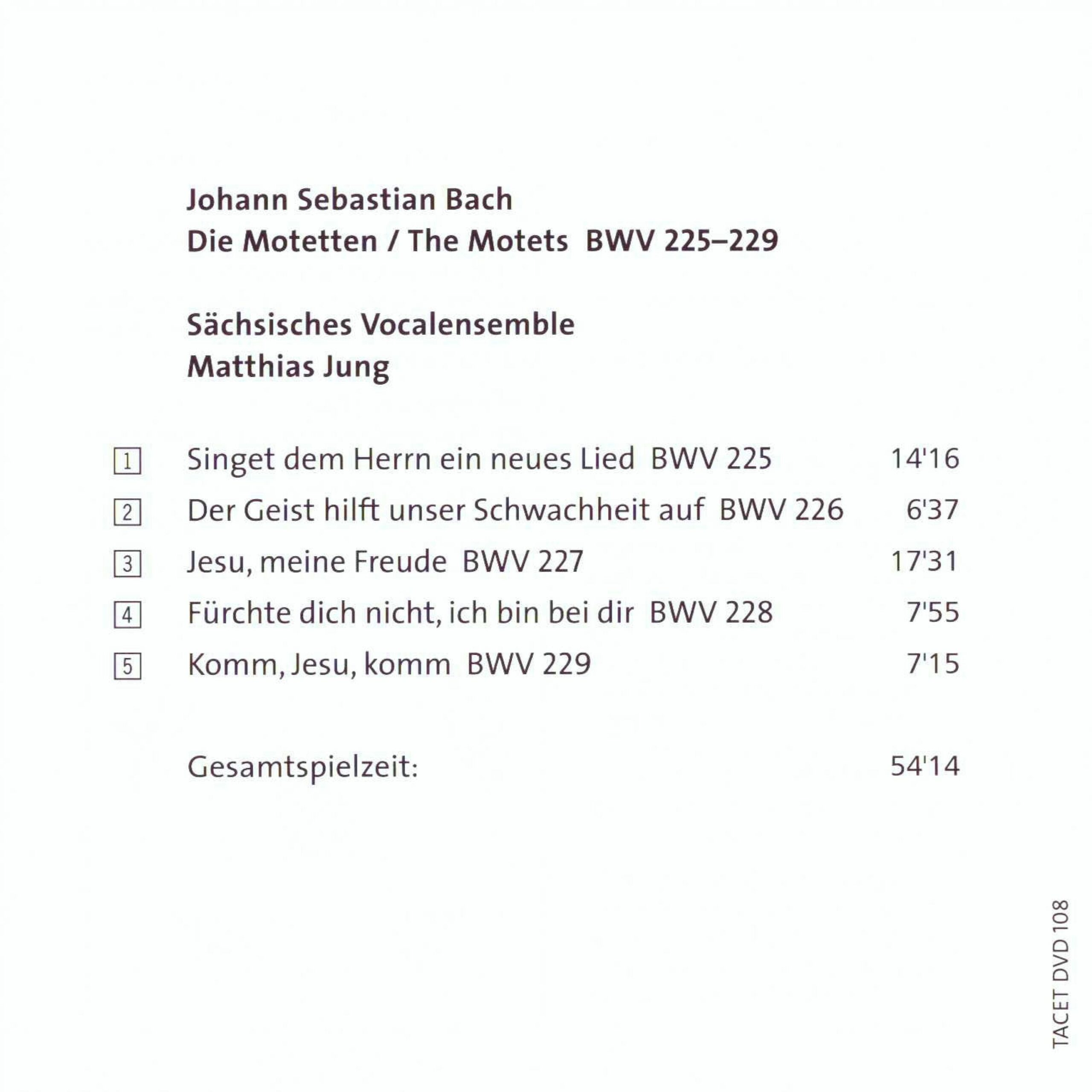


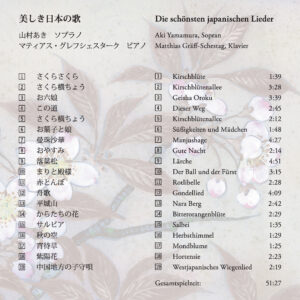
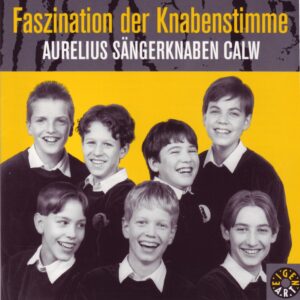
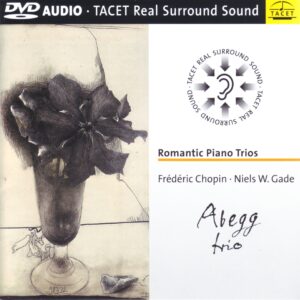
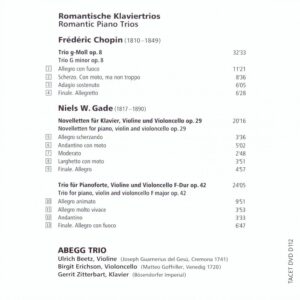
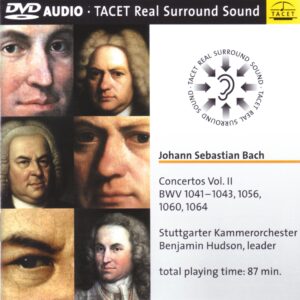
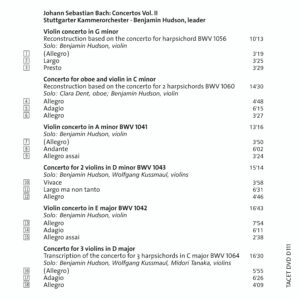
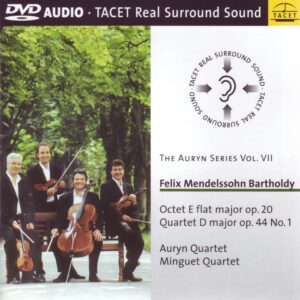
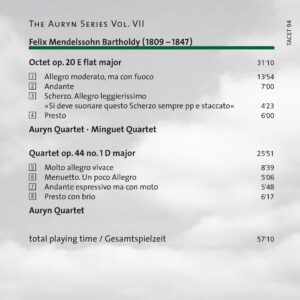
Audiophile Audition –
In the early 19th century it was thought that the Bach Motets were all a capella works, but today’s musicology has found that Bach’s own notes point to “the sung parts being enriched by all types of instruments.” Four of these Motets use a nine-piece ensemble plus pipe organ and the motet Jesu, meine Freude uses a cello and double bass together with organ. The works were an antiquated form even in Bach’s time and are a sort of window into the polyphony of past centuries.
On the four motets with several instruments, they are placed directly in front with the organ at the center channel. The choir consists of just two quartets of soprano/alto/tenor/bass - one placed in a line on the left and the other on the right side - the sopranos at the far rear and the basses up near the stringed instruments on the left and near the wind instruments on the right side. This unusual placement draws in the listener much more effectively than the mostly-frontal approach. I usually find such choral works low on my interest scale, but in this case I situated myself and listened really closely, enjoying the intricate play of voices and instruments that were so cleanly placed in space around me.
John Sunier
klassik.com –
This CD/DVD combines cutting-edge recording technology with the mastery of an outstanding ensemble at the highest level, making it a particular delight for audiophile choral music lovers. In short: A recording with the potential to become a classic.
--> original review
Fono Forum –
Sound with New Perspectives
The classical label Tacet is exploring new sonic perspectives for listeners and music producers through audio DVDs. In a special presentation, sound engineer and label head Andreas Spreer demonstrated to the Fono Forum editorial team the creative possibilities offered by multichannel technology.
Sound with New Perspectives The classical label Tacet is exploring new sonic perspectives for listeners and music producers through audio DVDs. In a special presentation, sound engineer and label head Andreas Spreer demonstrated to the Fono Forum editorial team the creative possibilities offered by multichannel technology. Some might say: It’s about time serious music producers engaged with the aesthetic reordering of multichannel recordings! Among audiophile music fans, there is widespread—and often justified—skepticism about surround sound, frequently dismissed as unnecessary or even nonsensical. For example, MDG producer Werner Dabringhaus rejects conventional 5.1 speaker setups with a center channel and subwoofer as inadequate, instead working with his 2+2+2 system to achieve three-dimensional acoustic spatial capture. Sound engineer and Tacet CEO Andreas Spreer, however, sees things differently. At this year’s High End show, he presented new multichannel DVDs designed to dispel reservations about standard surround setups. In a special preview for Fono Forum, we were able to experience the label’s sonic concepts firsthand.
"We work very closely with the score, carefully distributing the orchestra and soloists around the listener. This creates new perspectives and certainly a new aesthetic of sound," explains Spreer. What has long been standard in theater—extending the stage into the audience space—also fascinates this Stuttgart-based sound engineer. "Now we need what you might call ‘sound directors’ who can artistically handle such challenges. Multichannel is here to stay. If we don’t develop meaningful ways to use this technology, we’ll leave the field entirely to the gimmick-makers. That would be a shame." Everyone can decide for themselves what—or who—that refers to. According to Spreer, what’s needed is a new studio profession: the "sound director", who, like their theater counterpart, should bring their own modern interpretive vision to the table. "Only when the score allows it, and when the director has the artistic sensitivity to develop an interesting acoustic perspective, do multichannel recordings make sense," Spreer adds. "For a chamber music piece, this naturally looks very different than for a symphony or a solo work."
He demonstrated what he means using recent Tacet productions. The approach is still relatively restrained in the Bach motets, where the listener is positioned between the two choirs—exactly where conductor Matthias Jung stood during the recording. It becomes far more imaginative—and partly justified by the composition’s structure—in Mendelssohn’s and Schubert’s chamber music, where the listener finds themselves, as in the experimental quadrophonic era, right in the middle of the performing circle. The effect is entirely surreal in Schubert’s Impromptus, which primarily sound from behind. Spreer’s instruction: "Imagine you’re driving in a car and hearing this music behind you." Unjustifiable interference or playful perspective? "That’s for the listener to decide," says Spreer. "Our task is to create new listening spaces with technologies that many consumers already have access to. We’re only at the beginning."
Udo Pipper
Classics Today –
This set of Bach motets performed by the Sächsisches Vocalensemble (Saxon Vocal Ensemble) has everything that the recent Sarum Consort disc on ASV (type Q3347 in Search Reviews) does not: verve, unusually articulate expressive gestures that arise from the texts, exceptional ensemble precision, illuminating inner detail, and an overall atmosphere that conveys a sense of occasion and gives the distinct feeling that these singers both understand and love this music. These are uncompromisingly exciting performances that show, given a virtuoso ensemble and some of the most challenging music ever written for voices, just how captivating choral music can be. Some very critical listeners may complain that the energy level and uniformly brisk tempos are just a little too over-the-top, but where does it say that Bach has to be trod with heavy boots and ankle weights? Rarely will you hear these unique little masterpieces performed with such a well-balanced concept of abandon and refinement.
The rarely performed ′Fürchte dich nicht, ich bin bei dir′ (BWV 228) is a classic example of how a really fine chorus approaches a work of equally rare difficulty, never letting the energy fade or giving any slack to the relentlessly surging, churning lines. Although there are no texts included in the liner notes--unacceptable for a recording of vocal music--you could legitimately argue that the singers′ enunciation is so clear that printed texts aren′t necessary. The accompaniment, consisting of a small contingent of strings, two oboes, taille (a tenor oboe often employed by Bach), Baroque bassoon, and organ is tasteful, appropriate, and ideal--supportive without being intrusive.
Yes, there is one thing the ASV recording--and several others--have that this one doesn′t: the motet BWV 230, Lobet den Herrn, alle Heiden, whose authorship and qualification as a motet have been questioned. And that′s a shame, because these singers undoubtedly could have torn the pics off this high voltage work, which, with the other five, would have formed a formidable and near-definitive recording of the traditionally accepted set of six. Buy this one anyway--and add a more complete collection from one of the reference recordings described in the earlier ASV review (Q3347). The sound here (no recording location is given) is exemplary.
David Vernier